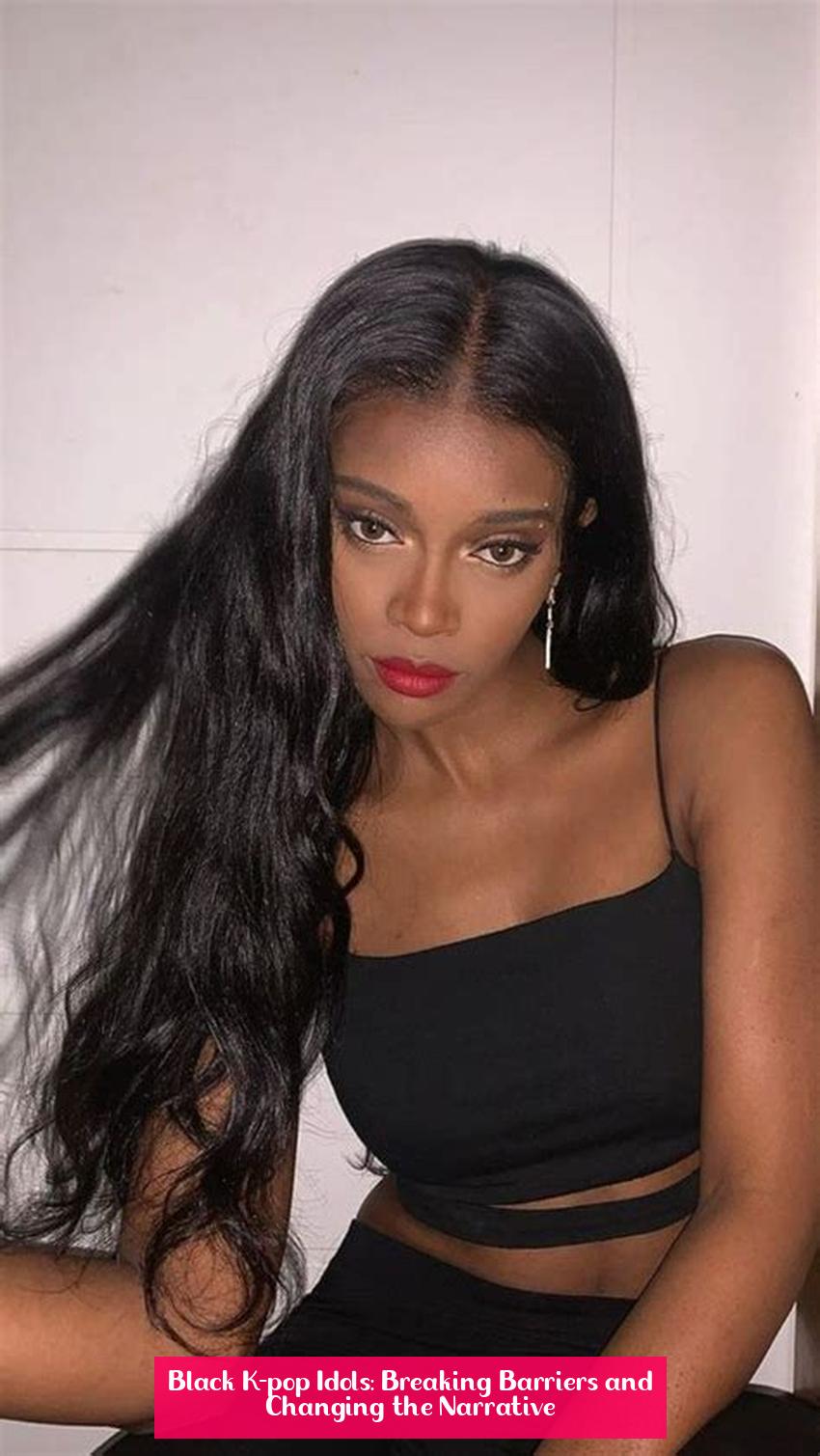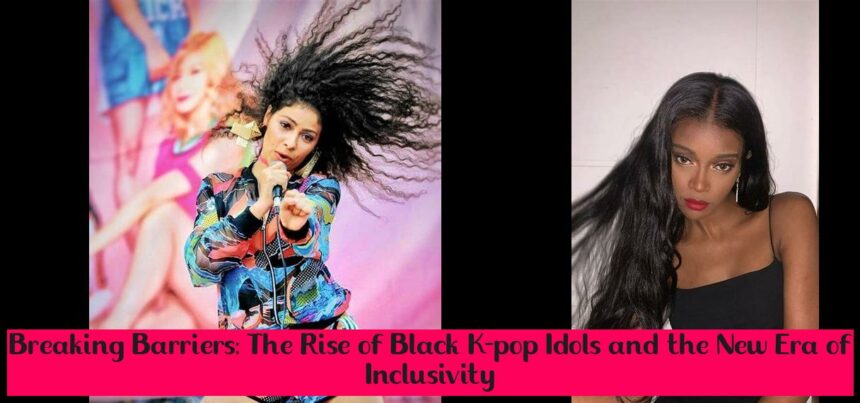Is there a black K-pop idol? The answer is a resounding yes, and their presence is reshaping the landscape of K-pop as we know it. From breaking barriers to challenging stereotypes, these trailblazing individuals are making waves in an industry known for its strict beauty standards and homogeneity. Join us as we explore the inspiring journeys of black K-pop idols, the challenges they face, and the opportunities they are creating in a new era of inclusivity. Get ready to be amazed and inspired!
Key Takeaways
- Fatou Samba is the first fully African K-pop idol, born in Senegal and raised in Belgium.
- Blackswan, the group she leads, is a South Korea-based multinational girl group with members from different continents.
- There have been Black idols in K-pop’s past and future, with Fatou being the first idol of African descent.
- SEVENTEEN’s Vernon is one of the few American K-pop stars, highlighting the presence of American K-pop idols.
- Amina Du Jean, also known as Amina, is considered the first African-American idol in Japan, although she is now retired.
- It is possible to be a black K-pop idol, but the chances of debuting as a black person are very low.
Black K-pop Idols: Breaking Barriers and Changing the Narrative

The K-pop industry has captivated audiences worldwide with its vibrant music, captivating performances, and meticulously curated idol groups. However, for many years, the industry has been predominantly homogenous, with a lack of diversity in terms of race and ethnicity. In recent years, there has been a gradual shift towards inclusivity, and one of the most notable developments has been the emergence of black K-pop idols.
Don’t Miss – Why Did Swan Leave PURPLE KISS? Exploring Swan’s Journey of Resilience and Recovery in the K-Pop Industry
Fatou Samba: Blazing the Trail
Fatou Samba, a Senegalese-Belgian singer, holds the distinction of being the first fully African K-pop idol. Born in Senegal and raised in Belgium, Fatou’s journey to K-pop stardom was unconventional. She moved to South Korea in 2019 to pursue her dream of becoming a singer, and in 2020, she joined the multinational girl group Blackswan. As the leader of Blackswan, Fatou has broken barriers and paved the way for other aspiring black K-pop idols.
Blackswan: A Symbol of Unity and Diversity
Blackswan, the group that Fatou leads, is a true representation of diversity. The group consists of members from different continents, including Brazil, Japan, and India. Their music and performances are a celebration of unity and acceptance, and they have garnered a loyal following worldwide. Blackswan’s success is a testament to the growing acceptance of diversity in the K-pop industry.
Trending Now — Unveiling F-iV: Meet the 4 Members of the Dynamic Korean Boy Band
Other Black K-pop Idols: Making Their Mark
While Fatou Samba is the most prominent black K-pop idol, there have been other notable individuals who have made their mark in the industry. Vernon, a member of the popular boy group SEVENTEEN, is one of the few American K-pop stars. He has gained recognition for his rapping and dancing skills, and his presence in SEVENTEEN has helped to break down stereotypes about K-pop idols.
Amina Du Jean, also known as Amina, is considered the first African-American idol in Japan. Although she is now retired, her contributions to the industry helped to pave the way for other black artists.
Challenges and Opportunities for Black K-pop Idols
Despite the progress that has been made, black K-pop idols still face challenges. The industry is highly competitive, and it can be difficult for black artists to break through. Additionally, there is still a lack of representation in the industry, and black idols may face discrimination and prejudice.
However, there are also opportunities for black K-pop idols. The growing awareness of diversity and inclusion is creating a more welcoming environment for black artists, and there is a growing demand for diverse representation in the industry. Black K-pop idols have the potential to be role models and to inspire young people around the world.
Conclusion: A New Era of Inclusivity
The emergence of black K-pop idols is a significant step forward for the industry. It represents a shift towards inclusivity and diversity, and it challenges the traditional notions of what a K-pop idol should look like. These artists are breaking barriers, changing the narrative, and inspiring a new generation of fans. As the K-pop industry continues to evolve, it is likely that we will see even more black K-pop idols in the years to come.
Discover – Unveiling the K-pop Enigma: Is Bada Lee a K-pop Idol?
Who is the first African K-pop idol?
The first fully African K-pop idol is Fatou Samba, born in Senegal and raised in Belgium, who is also the leader of the South Korea-based multinational girl group, Blackswan.
Who is black on K-pop?
BLACK ON (블랙온), formerly known as a Korean rapper or artist, is officially known as an idol under the X Universe agency, debuting in April 2020.
Are there any black Japanese idols?
Yes, Amina Du Jean, also known as Amina, is considered the first African-American idol in Japan, although she is now retired.
Are there American K-pop idols?
Yes, there are American K-pop stars, such as SEVENTEEN’s Vernon, who is one of the few American K-pop stars, highlighting the presence of American K-pop idols.







